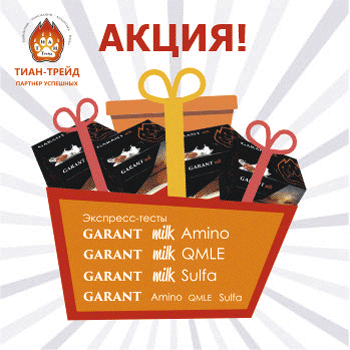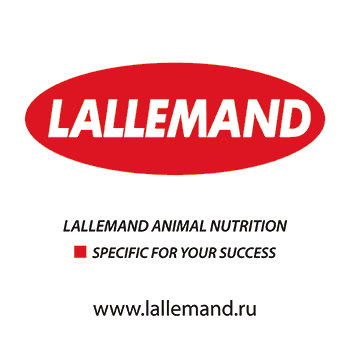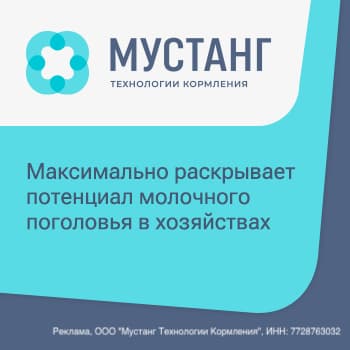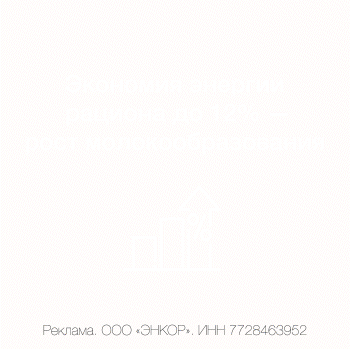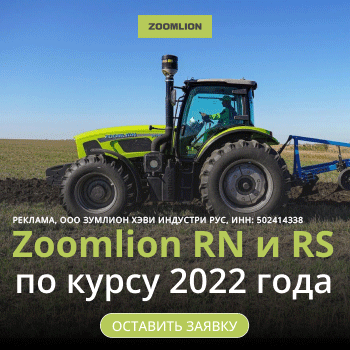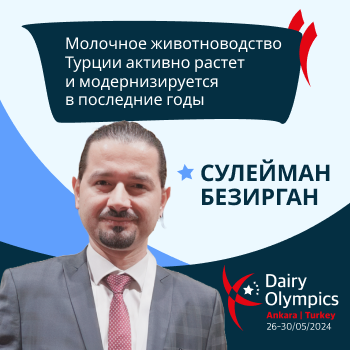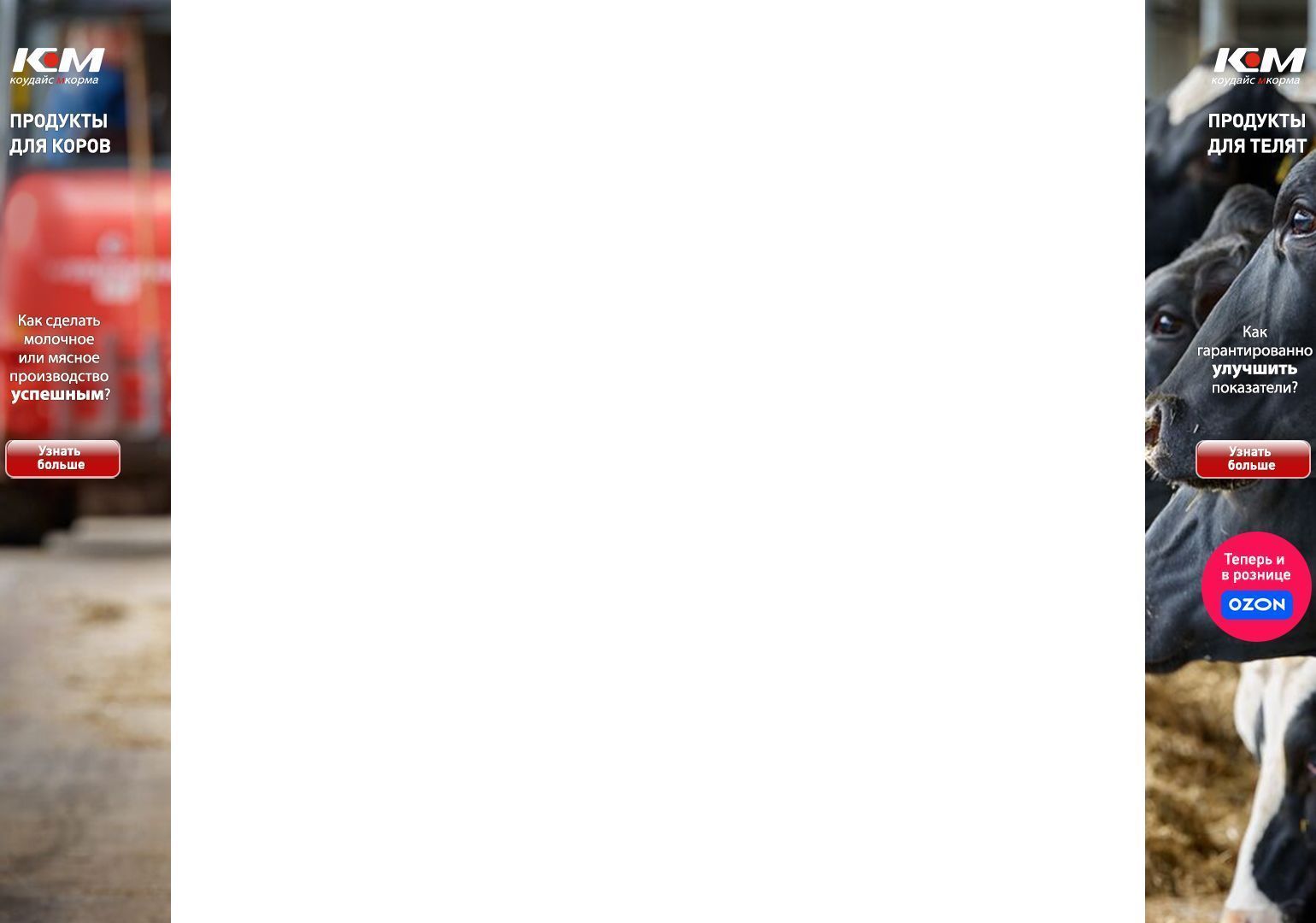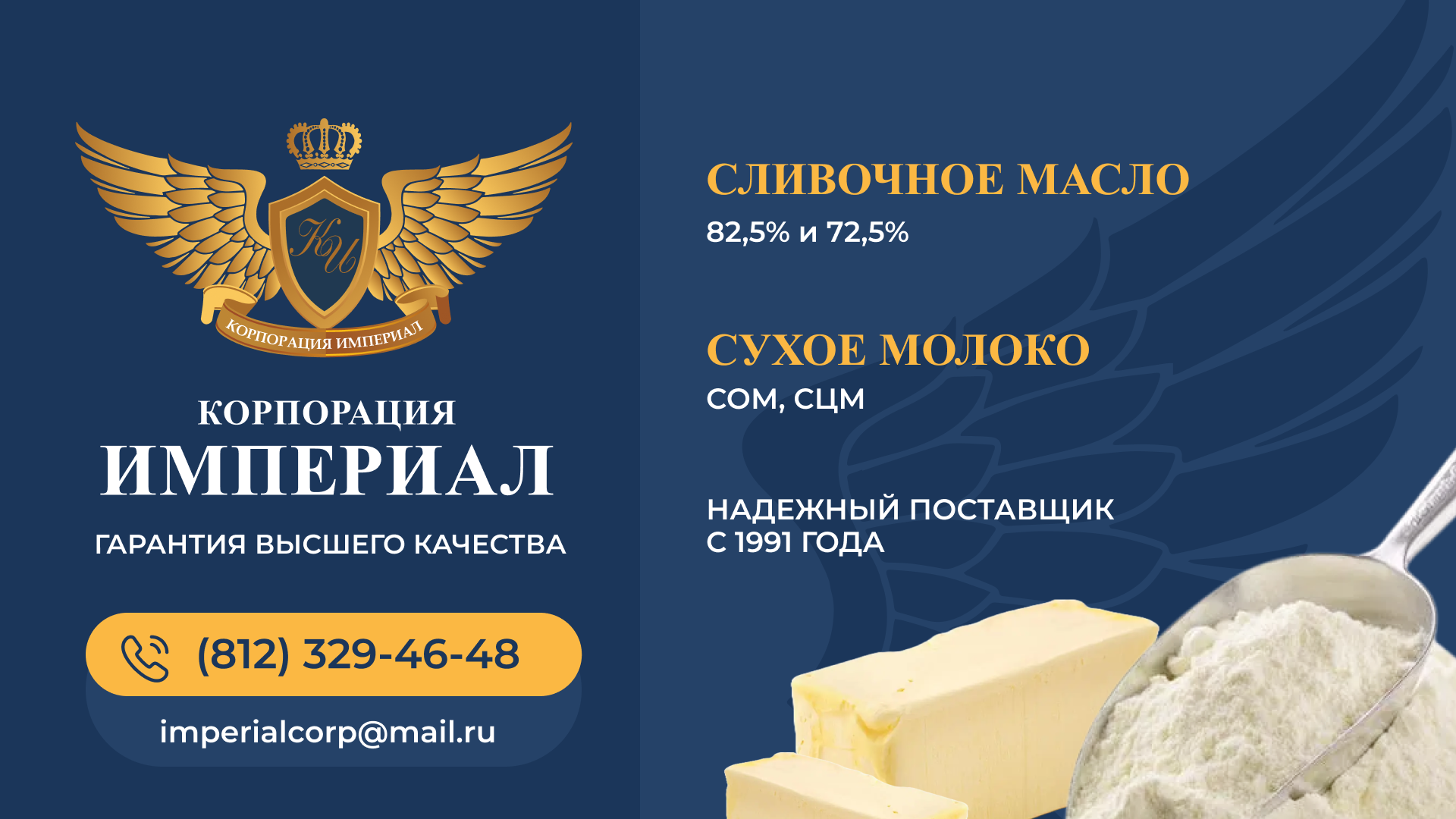In Russia, there began an experiment on labeling of dairy products
According to the decree of the government of Russia, it is planned to label milk and cream, milk and cream powder, fermented dairy products (kefir, yogurt, etc.), whey, butter, cheese, cottage cheese and other products. The experiment will involve manufacturers, importers of certain types of dairy products, wholesale and retail trade, and catering. Ministry of industry and trade, Ministry of agriculture, Ministry of communications, Rosselkhoznadzor, Rospotrebnadzor, Federal tax service, Federal customs service of Russia are authorized to carry out the experiment.
The powers of the operator of the information system, carrying out information support of the experiment, are assigned to the Center for the development of advanced technologies (CDAT). As noted in the CDAT, the work within the pilot project will be built in such a way as to eliminate duplication of functions of the veterinary certification systems "Mercury", the operator of which is the Rosselkhoznadzor, and the system "Chestny znak (Honest Mark)", the operator works with.
To do this, the integration of the two systems will be carried out. “Mercury” will control the raw materials to the plant, and the CDAT system will track each unit of finished products to sale at the checkout. Data exchange will allow carrying out full tracing of products and guarantee its safety for the population.
"CADT is ready for the official launch of the pilot project and to work with finished dairy products. We are confident in the positive result of the experiment and the stability of our system. The CADT, as well as representatives of the business community, are against duplication of functions of the two systems. We stand for integration with “Mercury”, which will allow systems to enrich each other", commented Deputy Director of the CADT Revaz Yusupov.
"The labelling code includes important information about the product, thanks to which a trading network may automatically control not only the authenticity of the product, but also to exclude the possibility of selling an expired product, which is also important to the buyer", - said the founder of the company "Galaktika", participating in experiment, Igor Du. As noted by the Director of the other party, the dairy plant "Vakinskoe Agro", Alik Mukhamadeev, to participate in the pilot project, the company will need to install the line for labelling, but the company sees this as an advantage for the brand of eco-friendly dairy products.
The CADT reported that in the near future, together with the business community, methodological recommendations will be developed that will allow to test the full chain of tracing of dairy products during the experiment and to prepare for mandatory labeling. As part of the pilot project, the manufacturer or importer applies a cryptographically protected digital code to the product. It can be scanned when checking the goods, as well as when it is received at the warehouse and sold in the store. The system is integrated with cash desks in retail chains that will allow protecting consumers from purchase of expired products and will give the chance to check legality of goods by means of the mobile phone.
In Russia, there are voluntary experiments on the labeling of goods in several industries. In 2019, 10 product groups are subject to mandatory labeling: tobacco, perfume, shoes, tires and pneumatic tires, cameras and flash lamps, as well as five groups of light industry products. For marking, a two-dimensional code in the Data Matrix format is used, which is applied directly to the packaging of the goods and contains detailed information about the product: name, manufacturer, date, time and place of production.

